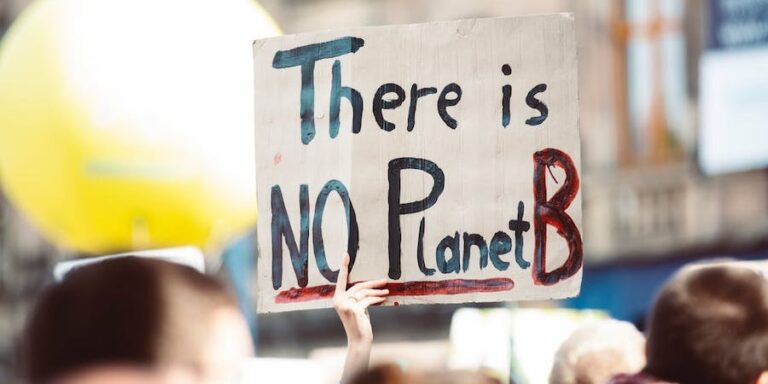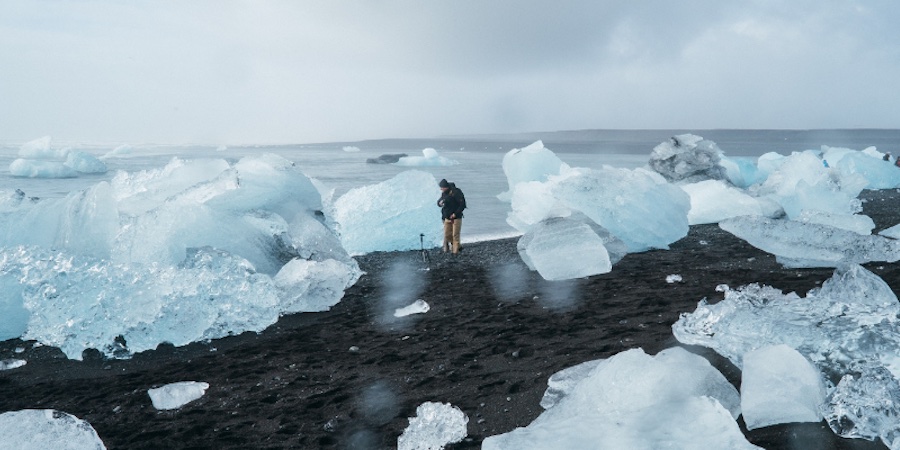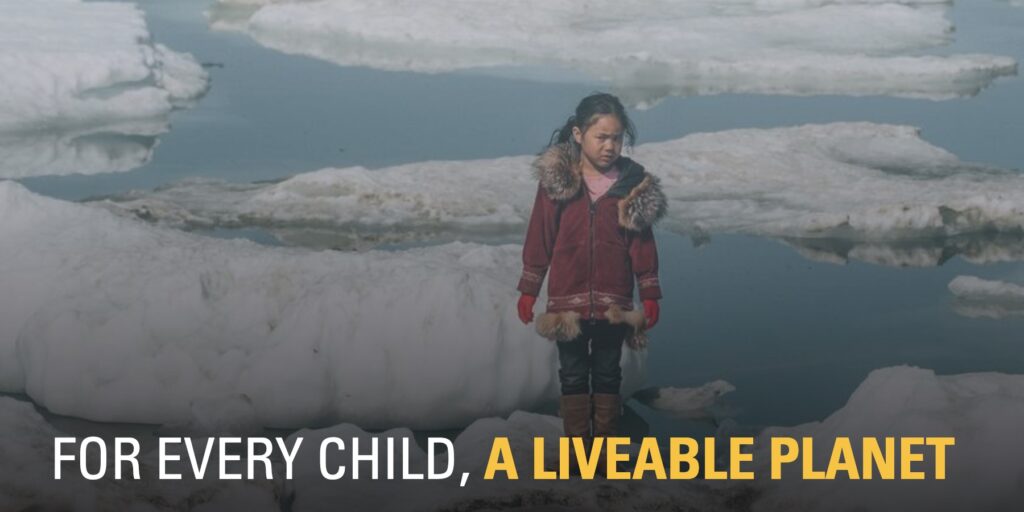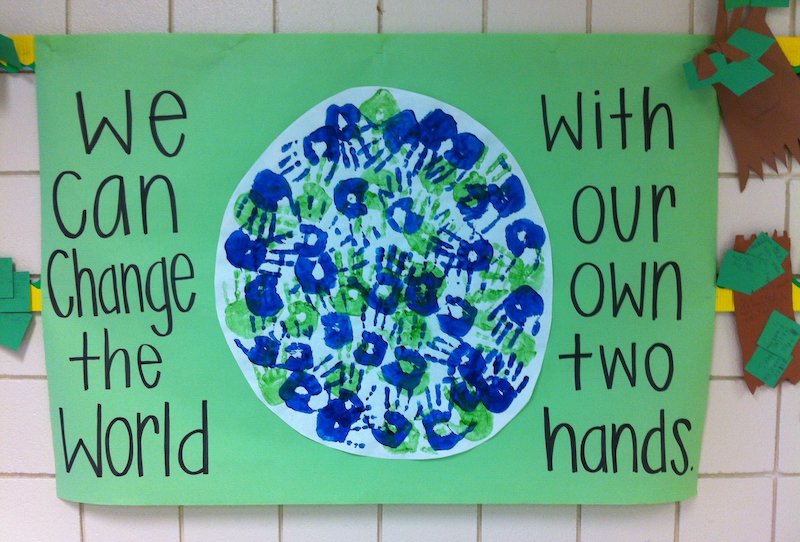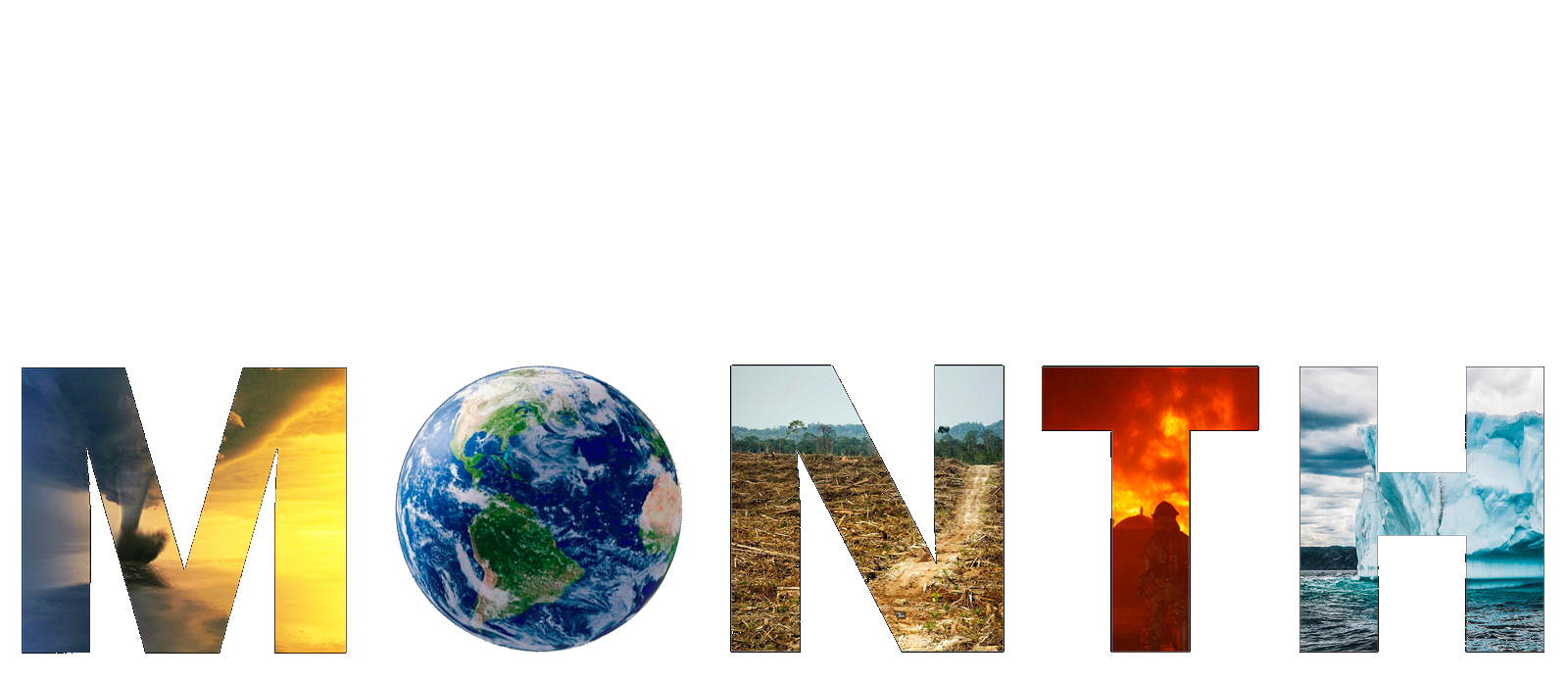
Earth Month, Earth Day, Earth Hour… These are movements more than they are moments. They each aim at creating awareness towards the reality and issues of our massive footprint on Earth and the unsustainable rate to which humans are causing climate change.
Every year, Earth Month is held in April, Earth Day is April 22, and Earth Hour, which is a symbolic one-hour break from our machines and devices that run on unrenewable energy, is usually on the last Saturday of March. All 3 are about the fight against climate change, which is what we call the long-term changes in temperatures and weather patterns that are primarily (by a lot) caused by us humans, especially through our burning of fossil fuels and our unsustainable meat consumption.
The world is already 1.2°C warmer than pre-industrial times, and every fraction of a degree counts. Research shows that with 2°C of global warming we will have more intense droughts and more devastating floods, more wildfires and more storms. *UNEP
Western Québec has put together a collection of resources to help you learn more about climate change: its causes, its consequences, its urgency, and some pieces of the solution. Spoiler alert: some of these solutions rely on you.

Climate change resources for adults and older students
What is Climate Change? | United Nations
Climate change refers to long-term shifts in temperatures and weather patterns. These shifts may be natural, such as through variations in the solar cycle. But since the 1800s, human activities have been the main driver of climate change, primarily due to burning fossil fuels like coal, oil and gas.
6 Interactive Tools to Better Understand the Climate Crisis | Climate Reality Project
Wrapping one’s head around a planet-sized problem is no small task. Fortunately, these online experiences can help!
The climate crisis is capital B big and getting your head around all the causes, effects, and solutions can be a real challenge. Even for those who’ve spent years engaging with the issue.
Climate Change | Canadian Government
Our government’s publicly-available information, and its take on climate change.
Are you interested in politics? Keep in mind that a government isn’t an objective source of information. It has a perspective, and can defend certain interests, including these of the fossil fuel industry.
10 ways you can help fight the climate crisis | United Nations Environment Programme
The evidence is irrefutable: unless we act immediately to reduce greenhouse gas emissions, we will not be able to stave off the worst consequences of climate change.
The world is already 1.2°C warmer than pre-industrial times and every fraction of a degree counts. Research shows that with 2°C of global warming we will have more intense droughts and more devastating floods, more wildfires and more storms.
How to Save Our Planet | WWF
An important 8-minute segment of the documentary series Our Planet, available for you to stream online anytime. This segment features beautiful and striking images while David Attenborough explains how we can save the planet through just 4 goals:
- Phasing out fossil fuels and replacing them with renewable energy;
- Upgrading to efficient food production and reducing our consumption of meat;
- Manage our oceans, and;
- Working hard to keep hold of the world populations we still have, and encouraging nature where we can: in the ocean, on land we no longer need, and even in our cities.
Climate Change Quiz – Earth Day
How much do you know about the greatest threat?
Ecological Footprint Calculator
Want to find out how many planets we would need if everyone lived like you?
Greenwashing: What is it, Why is it a Problem, and How to Avoid it
As people around the world become more aware of the importance of their daily choices and purchases, many businesses, too, are becoming more sustainable in how they operate to gain favour with consumers. In theory, this is a good thing, but many have simply put up a facade of sustainability while they continue to engage in activities that cause more waste or greenhouse gases. This is called “greenwashing,” but what exactly is it and how can you avoid companies that engage in it?
Climate Change and Children’s Rights | Unicef
Climate change is a direct threat to a child’s ability to survive, grow and thrive.
As extreme weather events such as cyclones and heatwaves increase in frequency and ferocity, they threaten children’s lives and destroy infrastructure critical to their well-being. Floods compromise water and sanitation facilities, leading to diseases such as cholera, to which children are particularly vulnerable.
Climate change resources for younger students
An introduction to climate change for kids | Young People’s Trust for the Environment
A 6-minute video targeted to students aged 5-9 which explains climate change and covers the burning of fossil fuels, carbon dioxyde, the greenhouse effect, the dangerous effects of a rising temperature, and the Paris Agreement. It also introduces some ways to help around the house.
Helpful context: In Québec, the electricity we use in our homes is renewable energy, meaning it has a much smaller impact than the electricity produced in other parts of the world like the UK, where this video was made.
Environmental science videos | Curio
CBC’s Curio has dozens of high-quality videos available to you, including short documentaries and interviews. From home, you may need to access Curio from the Western Québec Virtual Library.
Earth Day Lesson | Ted-Ed
Ever wondered how solar panels work? Why earthquake are so hard to predict? Whether we could actually live on Mars? Wonder no more, TED-Ed has got these questions covered!
Five ways families can help tackle climate change | University of Calgary
While many climate solutions require leadership from governments, we also need changes within regular households, which are collectively responsible for 42 per cent of Canada’s greenhouse-gas emissions. If Canada did not produce and export as much fossel fuel, the figure would be closer to 80 per cent.
Suggestions of activities to do at school | EarthDay.ca
You want to organize an activity at school as part of Earth Day but you need inspiration? Here are some ideas.
Learn more about our world for Earth Day | DK FindOut!
Earth Day is a celebration that raises awareness of pollution, climate change, and other dangers to our planet. Since 1970, people show their commitment to a healthy and beautiful world on April 22 every year. They plant trees, pick up and sort litter for recycling, and learn all about the environment.
Climate Change (according to a kid)
A 12-year-old cleverly compares greenhouse gases to a thick blanket that only gets thicker.
A Natural Solution to Climate Change – The Nature Conservancy
This beautiful motion-graphic video, scripted as if it came from a future where climate change was successfully halted, looks back on the solutions that worked.
How can I help stop climate change? | CBC Kids
“I want the Earth to be healthy.” That’s how 7-year-old Sophia Van explained it when asked why she submitted her question to CBC Kids News.
Resources for Educators
Teacher Guide: Introduction to Climate Change | WWF
This teacher guide provides two simple activity ideas based on the topic of climate change. You can use these activities in a dedicated climate change module or as part of related topics. For students aged 7-11.
Climate Change Resources for Educators and Students | US’ Environmental Protection Agency (EPA)
This page provides resources to help educators and students learn about climate change, the science behind it, how to become more resilient to its impacts, and what do to make a difference.
Climate Change Teaching Resources | Queens University
With feelings of climate anxiety and eco-grief on the rise, educators across disciplines need resources to help students develop the emotional resilience to stay engaged in the work of climate justice.
Contribute
You can send your suggestions of Earth Month and climate change resources to fraymond@wqsb.qc.ca.
Changes you can make to your routine this month



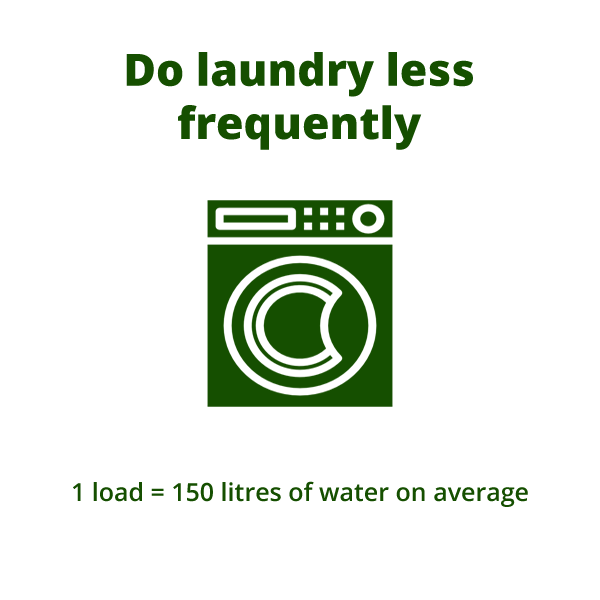









These are just some of the changes that can help reduce your carbon footprint. Implementing one change every week in April is a great way to “celebrate” Earth Month. Of all these suggestions, reducing your meat consumption will make the greatest difference to your carbon footprint.
Making changes to the way we usually do things can be uncomfortable,. It is up to everyone of us to sacrifice some of our comforts for the sake our planet.


